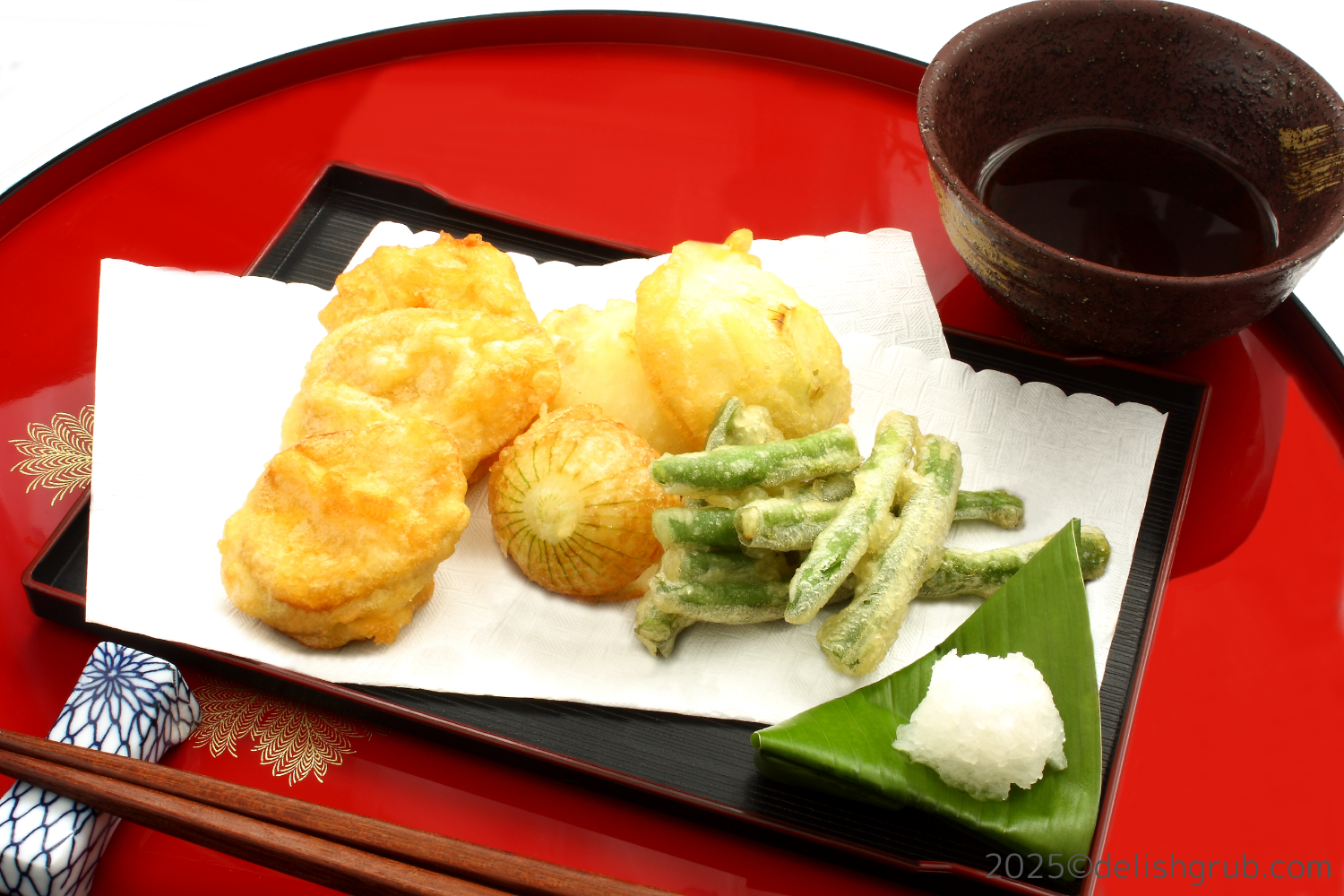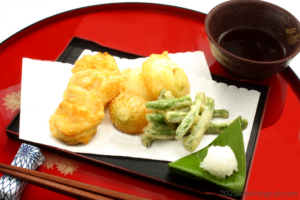“I’m considering a trip to Japan, but I’m worried about finding Halal food…”
Muslim travelers, worry no more! Japan is rapidly becoming a Muslim-friendly destination. With a growing number of Halal-certified restaurants and Muslim-friendly establishments, you can now enjoy a wide variety of delicious and permissible food options throughout the country.
This article will delve into:
- The current state of Halal food availability in Japan
- Differences between major cities and rural areas
- Recent changes and the driving forces behind them
- Comparisons with other countries
- Useful tips and information
Say goodbye to food anxieties! This article will equip you with the knowledge and resources to embark on a worry-free and fulfilling culinary journey in Japan.
1. Halal-Friendly Japan: Enjoying Your Trip with Peace of Mind
With the increase in Muslim visitors and a growing awareness of multiculturalism, Japanese restaurants are actively embracing Halal practices. You’ll find not only Halal-certified restaurants but also Muslim-friendly establishments, offering a diverse range of options.
The Key to a Worry-Free Trip: Research and Preparation
While the Halal food scene is expanding, it’s still not universally available. To ensure a comfortable and enjoyable trip, thorough research and preparation are essential.
- Research Halal restaurants in your desired areas: Before your trip, compile a list of Halal-certified or Muslim-friendly restaurants in the areas you plan to visit. Utilize online resources like Halal Gourmet Japan and Zabihah to aid your search.
- Make reservations: For popular restaurants or those requiring special arrangements, it’s advisable to book in advance.
- Prepare essential Japanese phrases: In case English menus are unavailable, memorize basic Japanese phrases related to Halal food and ingredients.
Japanese Understanding of Halal: Still Developing, but Progress is Evident
While the understanding of Halal among the Japanese population is still developing, there’s a growing awareness through media coverage and Halal-related events.
2. Major Cities: A Growing Hub for Halal Restaurants
Major cities like Tokyo, Osaka, and Kyoto are witnessing a rapid increase in Halal-friendly dining options. You’ll find specialty restaurants, as well as various other establishments offering Halal menus.
Tokyo: Diverse Choices, from Specialty Shops to International Cuisine
Tokyo offers a wide range of Halal options, including Halal-certified restaurants and those run by Muslim chefs.
- Naranj Kitchen: An Indian and Pakistani restaurant serving authentic curries and naan bread. They are Halal-certified.
- Malaychan: A Malaysian restaurant where a Muslim chef prepares delicious dishes like coconut milk-based curries and satay (grilled skewers).
- Shibuya Yakiniku KINTAN: This yakiniku (grilled meat) chain offers Halal-certified beef.
Osaka & Kyoto: Halal-Certified and Muslim-Friendly Eateries on the Rise
Osaka and Kyoto are also seeing an increase in Halal-friendly options.
- Halal Ramen Kizuna: A Halal-certified ramen restaurant in Osaka, popular for its chicken-based broth ramen.
- Kyoto Gyuzen Gion: A Halal-certified Wagyu beef restaurant in Kyoto, serving carefully selected Wagyu beef prepared according to Halal practices.
Other Major Cities: Expanding Halal Options
Halal restaurants are becoming more common in other major cities like Nagoya, Fukuoka, and Sapporo. Research in advance to discover your preferred dining spots.
3. Regional Cities: Enjoy with a Bit of Planning and Resourcefulness
While Halal options might be less readily available in regional cities, with some planning and research, you can still find satisfying meals.
Halal Restaurants
Even in regional cities, you can find restaurants and cafes that cater to Halal dietary needs. Utilize online resources and review sites to gather information beforehand and consider making reservations.
Halal Supermarkets and Convenience Stores
In recent years, supermarkets and convenience stores offering Halal ingredients and seasonings have become more common. If you prefer to cook your own meals, these stores can be a valuable resource.
Local Cuisine with Halal Options
Regional cities offer unique local dishes made with local ingredients. Look for restaurants that provide Halal versions of Japanese cuisine or vegetable-centric local dishes.
4. Remarkable Progress: The Evolution of Halal in Japan
Changes Reflected in Statistics
- Increasing Muslim Population: The Muslim population in Japan is steadily growing. In 2021, it was estimated to be around 200,000. (Source: Pew Research Center)
- Growing Number of Halal Restaurants: The number of Halal-friendly restaurants is also on the rise. According to Halal Gourmet Japan, as of September 2023, there are approximately 2,000 Halal restaurants listed in Japan.
Factors Driving the Change
- Increase in Muslim Visitors: The growing number of Muslim tourists visiting Japan has fueled the demand for Halal food options.
- Growing Awareness of Multiculturalism: Japanese society is becoming increasingly accepting of diverse cultures.
Future Outlook
The future looks promising for Halal food availability in Japan. We can expect even more restaurants to cater to Muslim travelers, creating a welcoming and inclusive environment for everyone.
5. How Does Japan’s Halal Scene Compare Globally?
Comparison with Islamic Countries
Compared to countries with a predominantly Muslim population, Japan’s Halal scene is still developing. There’s room for improvement in terms of the variety and availability of options.
Comparison with Other Countries
In some Western countries and parts of Asia with larger Muslim populations, Halal options are more readily available. While Japan might be lagging behind in comparison, significant progress has been made in recent years.
Japan’s Unique Strengths
- Omotenashi (Hospitality): Japan’s culture of hospitality extends to dining experiences. Even if a restaurant doesn’t have a dedicated Halal menu, many will try their best to accommodate your needs.
- Attentive Service: Many restaurants are mindful of Halal requirements and provide detailed explanations about ingredients, ensuring a worry-free experience.
- Cleanliness: Japanese restaurants prioritize cleanliness, providing a comfortable and hygienic environment for Muslim travelers.
6. Helpful Information and Tips
Restaurant Search Websites
- Halal Gourmet Japan: A website dedicated to Halal restaurants in Japan.
- Zabihah: A global directory of Halal restaurants.
Reservations
For popular restaurants or those requiring special arrangements, making reservations in advance is recommended.
Communication
If English menus are not available, these Japanese phrases can be helpful:
- “Hararu taiou no menyu wa arimasu ka?” (Do you have any halal options?)
- “Buta niku wa tsukatte imasu ka?” (Do you use pork?)
- “Arukōru wa haitte imasu ka?” (Does this contain alcohol?)
When in Doubt
- Hotel Concierge: Your hotel concierge can recommend suitable restaurants and assist with reservations.
- Tourist Information Centers: Local tourist information centers can also provide guidance on dining options.
Conclusion
This article has provided a comprehensive guide for Muslim travelers, offering insights into the current Halal food landscape in Japan, along with helpful tips and information.
With careful planning and preparation, you can fully embrace the delights of Japanese cuisine!


